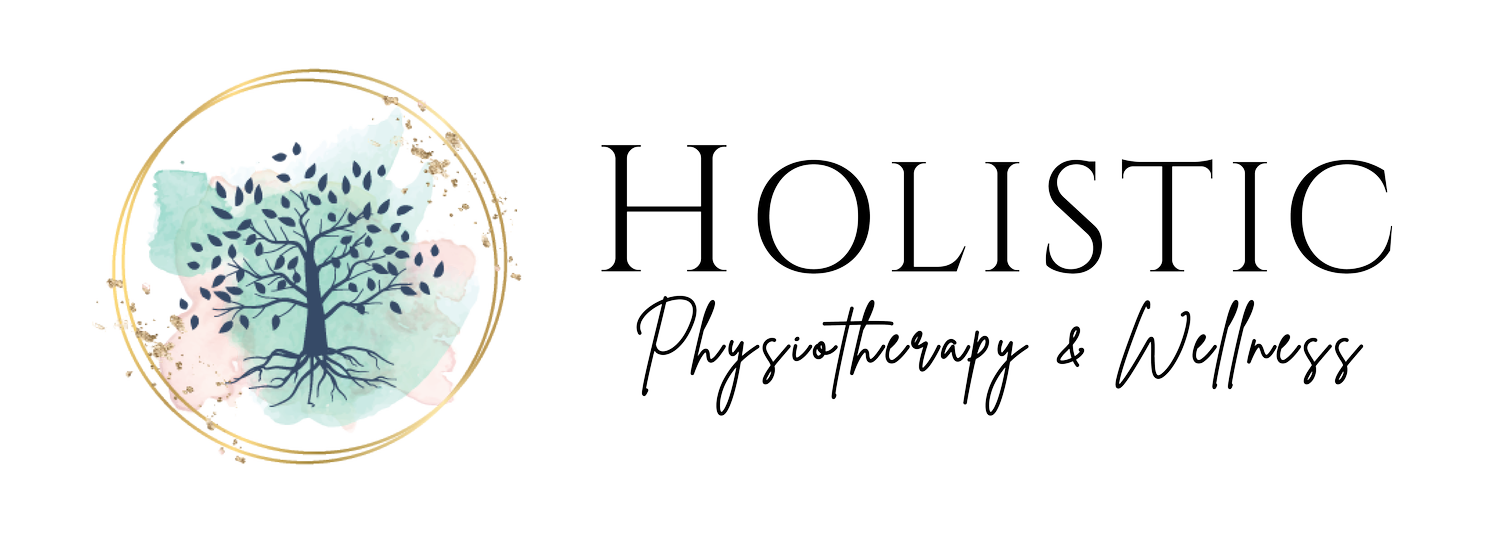Burned Out? It May Be Human Giver Syndrome!
By Tammy Frank
Clinical Counsellor | Sept Oct 2, 2023
Once in a while, a book comes along that resonates so much you want to shout from the rooftops that everyone else should read it too. For us, one of those books is Burnout, The Secret to Unlocking the Stress Cycle by Emily Nagoski and Amelia Nagoski.
This New York Times Bestseller explains why women experience burnout differently than men. The authors provide research-backed strategies for minimizing stress, managing emotions, and living a more joyful life while shedding the expectations of others and the body image issues that we tend to internalize.
The concept we’re talking about today is one they named Human Giver Syndrome. To quote the book, “Human giver syndrome (HGS) is the false, contagious belief that women have a moral obligation to be pretty, happy, calm, generous, and attentive to the needs of others. With HGS, if a giver falls short in any way, she may be punished or even go so far as to punish herself.”
Are light bulbs going on in your head? Does that ring true for you and your lived experiences?
Human Giver Syndrome is a theory that women often experience fatigue and burnout because we relentlessly set aside our needs, desires, and feelings in service and support of others. We emotionally hold space for others at the expense of our own mental and emotional well-being.
When you sit with that thought, it doesn’t seem like a big leap to believe it. Womanhood has long been associated with traits like nurturing, caring, and giving. We are expected to put everyone else first - our spouses and children, parents and extended family, friends, and colleagues. Maybe even our pets! When you’re so busy taking care of everyone else - giving of yourself to them - how much is left over for your own self-care?
Not much, right?
Yet, we still have a tendency to blame ourselves when we can’t do it all, when we snap at our children in frustration, or we’re simply too tired to do more at the end of the day. We question our value and our worth, and we wonder how everyone manages it so much better than we do. (Spoiler alert - they don’t! You’re doing great!)
So you might have Human Giver Syndrome… so many of us do. But what are we going to do about it?
It won’t happen overnight, but we need to start letting go of the belief that we need to be all things to all people. We need to practice setting boundaries, prioritize our needs, and shed the guilt that tends to accompany those things. Say no to others more. Say yes to yourself. It may sound somewhat contrary, but by giving less, we become better people, partners, and parents - ones that are whole and healthy and stronger for it.
It’s a lot to process, and reading one article about HGS isn’t going to magically deprogram years of societal messaging that a woman is supposed to be all these things. The more you practice, though, the more natural it will become.
Try these simple steps to start:
Say No: Don’t want to go to dinner with your parents on Sunday night? Don’t go. Too tired to pick up an extra shift at work? Turn it down. We promise the world won’t stop spinning if you stay home instead. Avoid overextending yourself!
Perspective: When it comes to being judged by others, here’s my golden rule: no one spends as much time thinking about us as we do. What we’re wearing, how much we weigh, when our hair is blonde, brown, or salt’n’pepper. So try not to worry - because anyone that isn’t you is probably more worried about themselves (and what you think of them!)
Self-Care: You’ve heard this from us before, but it can’t be overstated. Good sleep, nutritious food, exercise, fresh air, and friendship. These are the things that will protect you from burnout if you build them into your routine.
Finish the Stress Cycle: This is a teaser - we’re going to talk more about this next week!
Human Giver Syndrome is just one potential cause of burnout and fatigue. If you want to explore this further or if you need help uncovering the root cause of your fatigue, we are here for you - with clinical counseling services and so much more.
Tammy Frank
Clinical Counsellor


